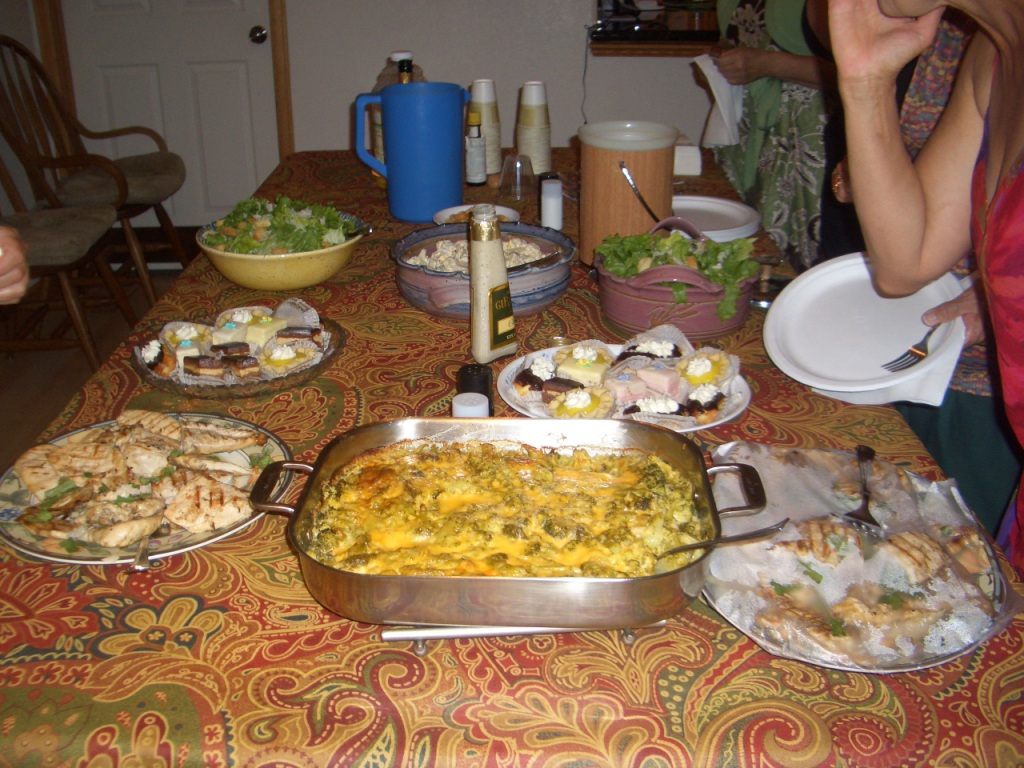Calcium. Potassium. Sodium. Vitamin D. Vitamin B12. Dietary fiber.
Sound boring? It doesn’t have to be. No matter our age, we all need the basics of a healthy diet. But older adults have dietary needs to mitigate the risks of deficiencies that come with age. At Country Home assisted living in Elbert County, my aim is to see that my residents are well nourished so they can feel their best and enjoy a good quality of life.
A few basics about that list of nutrients:
As we age, we’re more susceptible to bone loss, which can lead to fractures – a risk from falling. Calcium is vital to bone health. Vitamin D helps the body absorb calcium, so the two go hand in hand. Good sources of calcium aren’t just dairy products, though, so if you can’t or don’t want to eat dairy, opt for green vegetables such as broccoli, cabbage and okra. Nuts are also sources of calcium. Even fish such as sardines contain calcium, but they must include the bones—and you need to eat them.
Potassium is a partner with sodium, in that it counterbalances some of sodium’s harmful effects (such as high blood pressure). Foods that contain potassium include fruits, vegetables and fish–such as bananas, sweet potatoes, winter squash, spinach, and tuna and cod, just to name a few foods. Also on the list are prune and orange juices, canned white beans, lima beans and yogurt.
Among vitamins, vitamin B-12 is important for cell formation, cell metabolism, nerve function and bone health. A deficiency of vitamin B-12 can be associated with tingling or prickly feelings in legs or hands, difficulty walking, forgetfulness, changes in personality, weakness and anemia (shortage of red blood cells). The primary natural sources of vitamin B-12 are meats, fish, shellfish, eggs and milk. Some breakfast cereals are fortified with vitamin B-12.
And last, but in no way least, comes our friend, fiber. Dietary fiber helps fight heart disease by lowering cholesterol levels. Eating high-fiber foods such as beans, oats, barley, almonds, and walnuts can help some older adults lower their cholesterol. A high fiber diet can also help mitigate the risks of certain types of cancers, such as colorectal cancer.
At Country Home assisted living, we make sure our fridge is stocked with these yummy and nutritious foods so our residents can feel and be well.

